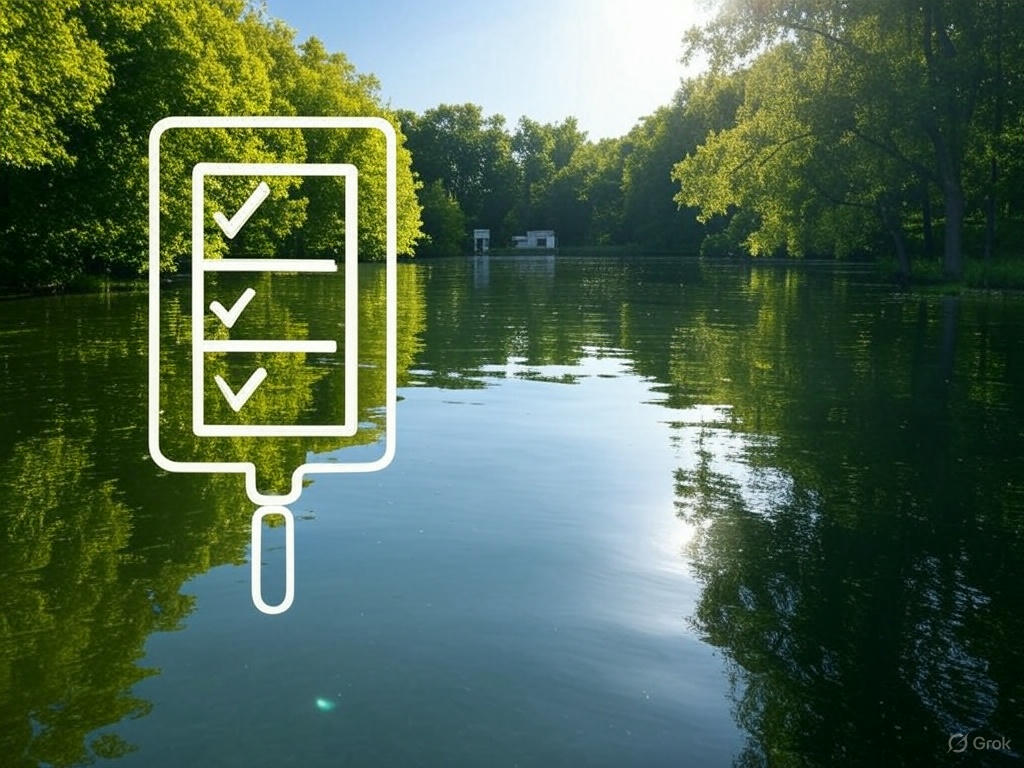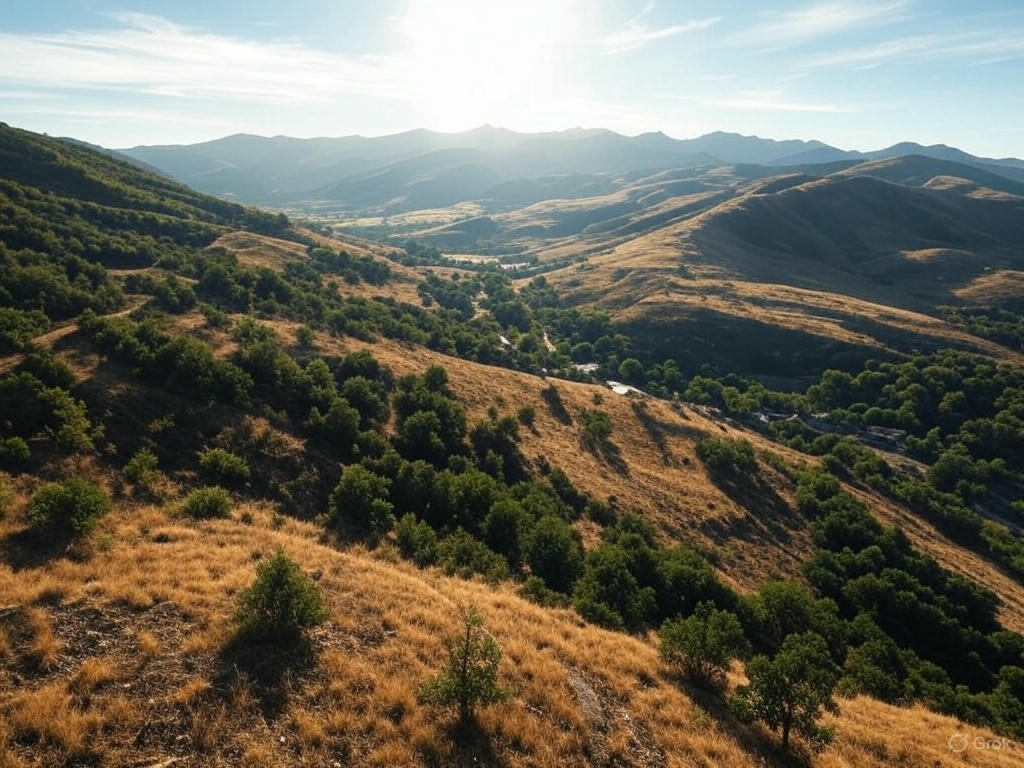The Smart Way to Invest in Buying Land With Water Access
Buying land with water access sounds like a dream, right? Whether it’s a riverfront retreat, a private fishing spot, or land with a well for off-grid living, having water access on your land adds value and appeal. But here’s the catch—many buyers overpay because they don’t know what to look for.
As a Realtor in Southern Colorado, I’ve helped buyers find and invest in land with water access without falling for overpriced listings. I’ve also seen people jump into a deal too quickly, only to find out later that their “waterfront property” doesn’t actually give them the right to use the water.
Before you invest, let’s break down exactly how to buy land with water access—without overpaying.
Why Buying Land With Water Access Matters
The Benefits of Buying Land With Water Access
Waterfront property isn’t just about the view (though that’s a nice bonus). Here’s why buyers seek out land with water access:
- Increased Property Value – Land with access to water often holds or increases its value over time, especially in areas where water is scarce.
- Personal Enjoyment – Fishing, kayaking, swimming, or just enjoying the tranquility of owning land with water access.
- Irrigation & Livestock – If you plan to farm or raise animals, having a reliable water source is a huge advantage.
- Off-Grid Living – A property with a well or natural water source can support self-sufficient living.
A few years ago, I worked with a couple looking for a homestead property. They found a beautiful 10-acre lot with a seasonal creek. It was perfect—except for one problem. The creek dried up for six months out of the year. They would’ve overpaid for land with unreliable water access. Lesson learned: always verify how reliable the water source is!
The Risks of Overpaying for Land With Water Access
Waterfront land is desirable, but many buyers overpay because they assume more water = more value. Here’s what to watch out for:
- Fake or Misleading “Water Access” Claims – Just because a listing says “land with water access” doesn’t mean you actually have rights to use it.
- Seasonal or Unreliable Water Sources – Some creeks and ponds dry up, making them useless for irrigation or recreation.
- Zoning & Legal Restrictions – Even if water is present, you may not have legal rights to use it.

I once had a buyer excited about a “riverfront lot”—until we checked the survey. Turns out, the river belonged to the neighboring property! The seller conveniently left that detail out. Always verify legal water access before signing anything.
Key Factors to Consider When Buying Land With Water Access
1. Type of Water Access
Not all water access is equal. Here’s a breakdown of what to look for:
- Riverfront or Creek Access – Make sure the water is permanent, not seasonal.
- Lakes and Ponds – Are they private, or shared? Is there public access nearby?
- Wells and Groundwater – Has a well already been drilled, or will you need to get permits and drill your own?
2. Legal Water Rights (This Is a Big One!)
Owning land near water doesn’t always mean you can use it. Water laws vary by state, and in places like Colorado, water rights are separate from land ownership.
- Riparian Rights vs. Appropriative Rights – Some areas allow landowners to use adjacent water, while others require specific rights.
- Well Permits – Even if a property has a well, you need to verify that it’s legally permitted.
- Water Easements – If your land depends on a shared water source, make sure there’s a legal agreement in place.
Tip: You can hire a water attorney or a specialist to verify water rights before you buy. It’s worth the small investment to avoid big headaches later.
3. Usability and Restrictions
Even if water is present, local regulations might limit how you can use it. Here’s what to check:
- Can you pump water for irrigation? Some areas have restrictions on diverting water.
- Can you fish or boat? Some waterfront properties come with public access, meaning you might have strangers near your property.
- Are there zoning restrictions? You might not be able to build as close to the water as you’d like.
4. Seasonal Variability & Climate Impact
A lush green lot in spring could turn into a dry wasteland by late summer. Before buying land with water access, research the seasonal water flow and local climate patterns.
One of my clients nearly bought land with a “year-round creek,” only to find out that by August, it was just a trickle. Always visit the land in different seasons or ask for historical water data.
How to Avoid Overpaying for Land With Water Access

1. Work With a Local Realtor Who Knows Water Rights
Not all agents understand water laws. A local Realtor with land expertise can:
- Identify overinflated prices on land with water access.
- Verify water access and legal rights.
- Recommend water specialists for inspections.
2. Do a Comparative Market Analysis (CMA)
Compare similar properties to see if the price is reasonable. Just because a lot has water access doesn’t mean it’s worth a premium.
- Look at recent sales of land with and without water access.
- Consider accessibility and usability—not just the view.
- Check how long similar properties have been on the market (if it’s been sitting for a while, it’s likely overpriced).
3. Conduct a Water Rights Search & Inspection
- Hire a water attorney or specialist to verify legal rights.
- Check local and state water records for past disputes.
- Get a water quality test if you plan to drink from a well or natural source.
4. Negotiate Based on Real Value, Not Just Hype
Sellers often inflate prices based on “waterfront appeal.” Here’s how to negotiate:
- If the water isn’t year-round, use that to lower the price.
- If utilities aren’t in place (like a well or irrigation system), negotiate a lower offer to cover those costs.
- If zoning limits how you can use the water, use that as leverage.
Final Tips for Buying Smart
✔ Don’t rush – Take your time to verify all water access claims.
✔ Get expert advice – Consult a Realtor and a water rights attorney.
✔ Check local and state regulations – Never assume you can use water just because it’s nearby.
✔ Be ready to walk away – If a seller refuses to provide water rights details, that’s a red flag.
Is Buying Land With Water Access Worth It?
Yes—if you do it the right way. Land with water access can add tremendous value, but only if you buy wisely. The key is to research, verify, and negotiate smartly.
If you’re thinking about buying land with water access in Southern Colorado, I’d love to help. Let’s connect and find the perfect property—without overpaying.
📞 Call or message me today to start your search!




